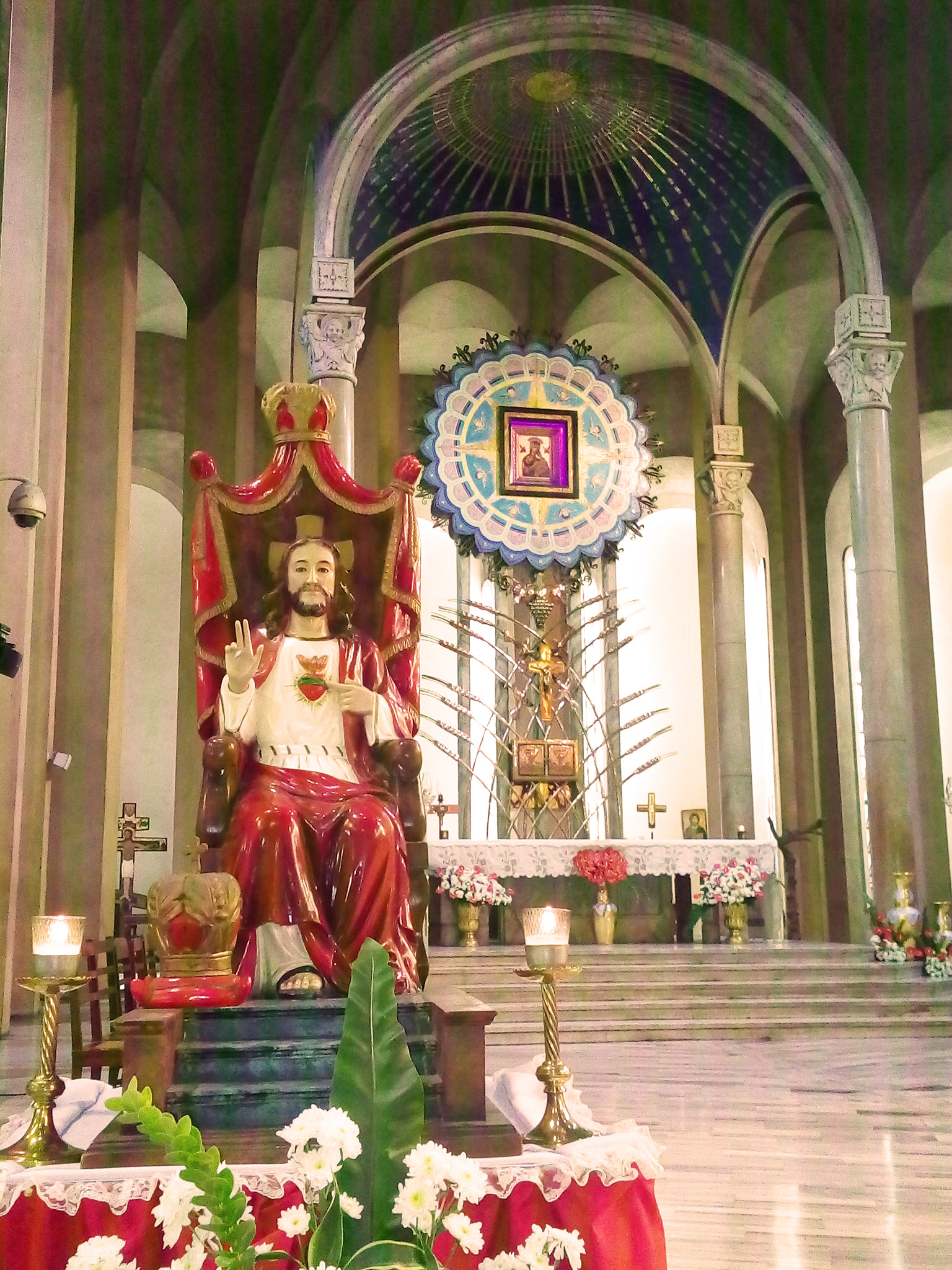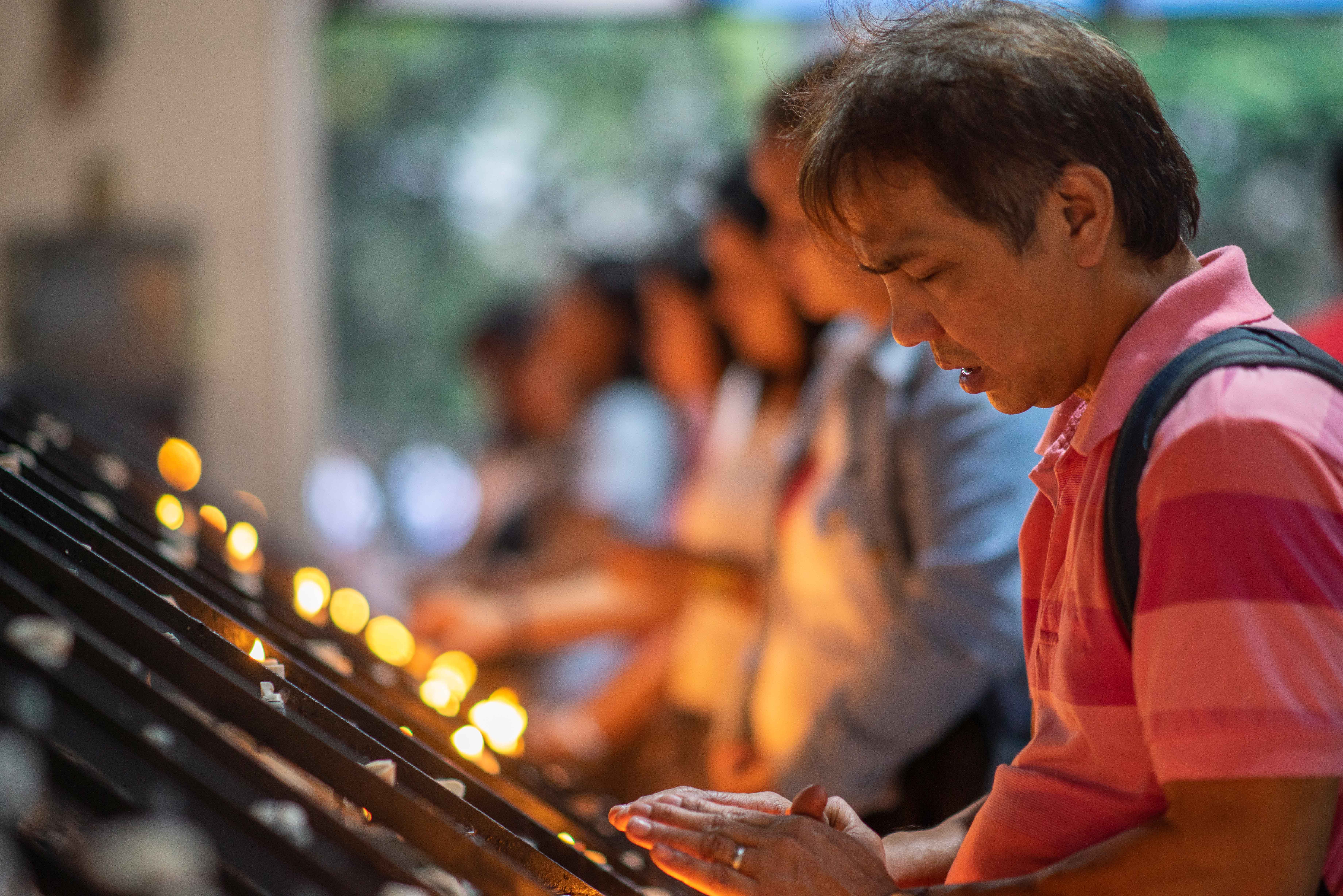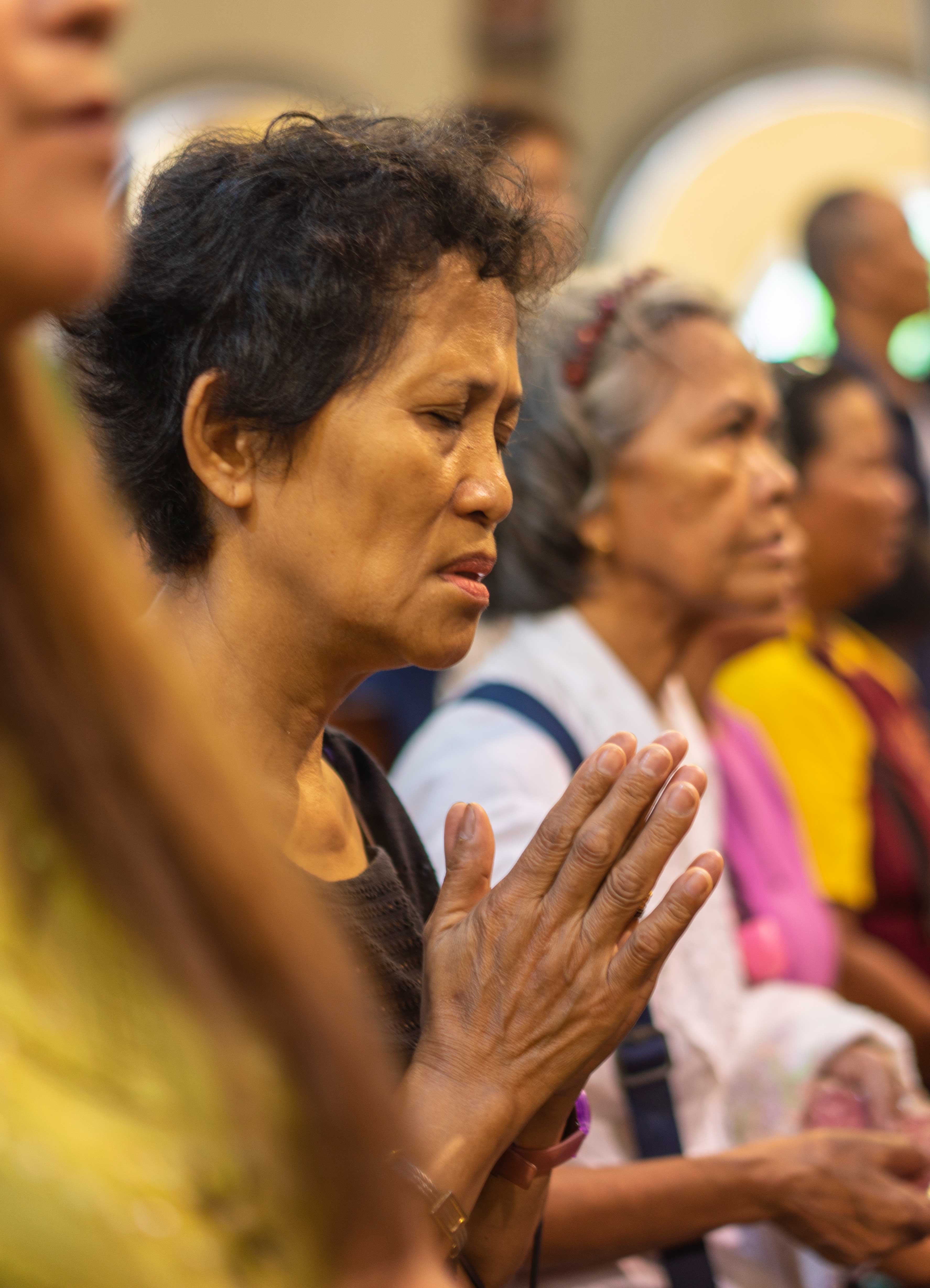
This coming Sunday marks the beginning of a new year in the church with the celebration of the first Sunday of Advent. On the First Sunday of Advent, I usually greet the people in the shrine a “Happy New Year!” They are dumbfounded to hear this at the end of November. Wait a minute, some of them would ask, you mean to say the church does not celebrate new year on January 1st? I tell them that the church also celebrates new year in January but for the church, the true beginning of the year is the first Sunday of Advent.
This awareness that a different calendar exist in the church somehow rattles our understanding and experience of time since, pardon the cliché, time immemorial. For us, we simply understand time as just the usual chronology of events measured in seconds, minutes, hours, days, weeks and years. Time gives dimension to our experience like having a beginning and an end. The new awareness of a different time in the church, however, makes us think that there is more to time than the chronological and quantitative dimension of time. Time is something we have taken for granted for so long yet has profound and transformative power.
The readings for the weekday and Sunday masses during Advent season may have also confounded our chronological understanding of time. It is indeed confusing to think that if Advent is the beginning of the new year in the church why are the readings during this season about the final events and end of days. In other words, why begin with the end? Does the church have a reversed understanding of time?
The celebration of Advent, indeed, exposes the different sense of time where the church operates from the ordinary world. The church through its liturgical year calls us to ponder time in the context of the mystery of our salvation in God. The Church’s liturgical year is a celebration of the Paschal Mystery – the mystery of God’s revelation in Jesus Christ – his Person, birth, ministry, passion, death and resurrection – and the Holy Spirit. Time in the sense of the church is God’s plan as revealed in time. God’s salvation is not only revealed in the fullness of time in the end, but in the gift of time itself. It is a gift, as it is a creation of God, and the dimension in which we go about receiving redemption.
Thus, God’s salvation is not separate from the seasons of nature. Just as nature and our lives are responsive to the seasons of the year – Summer, Spring, Winter and Autumn, the Church’s liturgical year follows nature with its distinctive seasons and feasts which sustains the Catholic community’s life and mission.
It is not just the church, however, who has a different perspective of time other than the chronological time. Even the scientific world has for a long time presented a more dynamic understanding of time. Thanks to Albert Einstein who more than 100 years ago proposed that the universe has no universal and absolute clock. Einstein’s concept of time is encapsulated in his theory of relativity which states that time and space are not as constant as everyday life would suggest. Time, according to Einstein is a relative concept and the higher you live above sea level the faster you should age.
Even the ancient Greeks had two words for time: chronos (χρόνος) and kairos (καιρός). Chronos refers to chronological or sequential time, while the kairos signifies a proper or opportune time for action. While chronos is quantitative, kairos has a qualitative, permanent nature.
Kairos denotes the right, critical, or opportune moment. In etymological studies of the word, the primary root of the word traces back to the ancient Greek association with both archery and weaving. In archery, kairos denotes the moment in which an arrow may be fired with sufficient force to penetrate a target. In weaving, kairos denotes the moment in which the shuttle could be passed through threads on the loom. The moral lesson here is that we should pay more attention to kairos even as we cannot abandon the chronos.
The New Testament writers adopted this two distinctive Greek understanding of time. In the New Testament kairos was used to mean “the appointed time in the purpose of God,” the time when God acts (for example in Mark 1:15: “The kairos is fulfilled and the kingdom of God is at hand!”). Kairos was used 86 times in the New Testament to refer to an opportune time, a “moment” or a “season” such as “harvest time,” whereas chronos was used 54 times to refers to a specific amount of time, such as a day or an hour (e.g. Acts 13:18 and 27:9).
It is in this Biblical understanding of time adopted from the Greeks that we should read the texts of the liturgical readings during this Advent season. The texts are not so much a warning about the end of the world inasmuch as it is a commentary on living in a time of crisis and turbulence. What Jesus is talking about is now. Since we do not know the hour or the day, let this be the hour, let this be the day, let this be the time that we live and die. This day, this moment, this life, is the time to bear fruit. The essence of Advent is readiness for action: watchfulness for every opening, and willingness to risk everything for freedom and a new beginning. We should all work and capture every opportunity for the elimination of disease, poverty, injustice and death itself although this will only be fully realized at the second coming of Jesus Christ.
Christianity is fundamentally a religion of conversion. Christianity is an invitation for us to a change of heart and mind; to a transformation of our thinking and living according to God’s thinking, ways and attitude. It is also an invitation to live and act in time in accordance with God’s perspective of time. As the song goes,
In his time, in his time
He makes all things beautiful
In his time
Lord please show me everyday
As you’re teaching me your way
That you do just what you say
In your time



